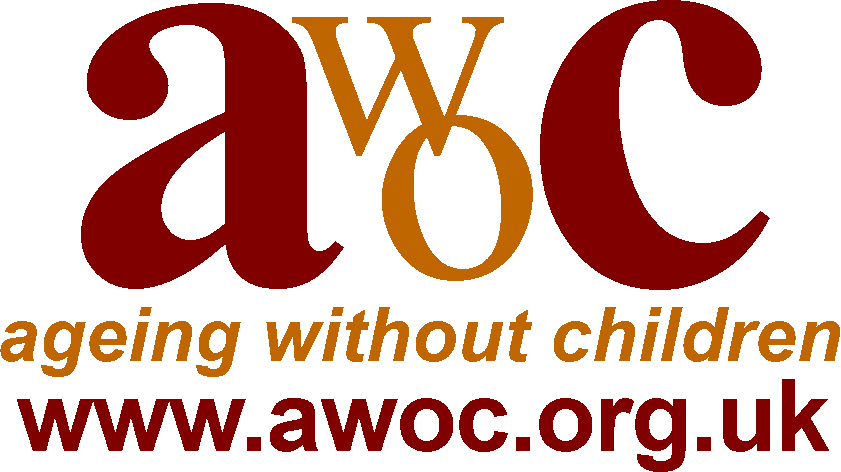Last week, Healthwatch England published their report “Safely home: What happens when people leave hospital and care settings?”; it made for sobering if unsurprising reading. They highlighted 5 main reasons for the problems people encountered focused around delays in getting services, lack of coordination, lack of communication and people on the receiving end of services feeling ignored and not listened to. Their Chair Anna Bradley also pointed out that “nothing about this issue is new. The problems have been recognised for many years”.
The section on older people started with this paragraph
“There are more than 10.3 million older people over the age of 65 in the UK. This represents an 80% increase since the 1950s. The population will continue to grow older, with the 65+ population expected to reach 16.9 million by 2035 Over a third of the 15.5 million people admitted to hospital last year were over the age of 65. Many had existing and complex medical conditions that require particular consideration and care in planning discharge and aftercare at home or in the community. Today, family members provide the majority of informal care to older people at home or in the community. However, with people born since the mid-1950s showing different patterns of family formation and dissolution, the longer-term prospects for the familial support of older people are likely to be less favourable”
It’s really heartening to see more organisations picking up on the demographic shift around families and that there is unlikely to be the same level of family support available to older people in the future for a host of different reasons.
In talking to people Ageing without Children one area of concern crops up again and again; the NHS and in particular hospital care. There is a widespread belief that without family to speak on their behalf, they will be ignored or neglected. It is often the case that poor treatment in hospital is picked up and challenged by the family. In Mid Staffordshire it was the families of people who spoke out and the highly successful Johns Campaign calling for families to be allowed to stay with people with dementia in hospital was founded by Nicci Gerrad after witnessing the treatment of her father in hospital.
The following quotes form our survey of people ageing without children highlight very real fears
“The rise in day surgery & speedy discharge from hospital – who will I be discharged home to?”
“The potential charge of ‘bed blocking’ in hospital discharge policy when I cannot be handed over to the care of family”
“Have a fear of being one of those old ladies in the hospital/care home who people feel ‘sorry for’ because she doesn’t have any family so she doesn’t get any visitors!”
“Illness is my biggest fear – I seriously worry about the NHS and how over-stretched/underfunded it be when we baby-boomers hit our 70’s and 80’s. Who will care for me if I have even mild illness, let alone a serious one like dementia?”
“Any illness requiring hospital treatment is also much harder without an advocate, preferably someone with an emotional attachment who is naturally disposed to fight for you through thick and thin”
“Nobody to speak up for me when I cannot speak up for myself – especially where healthcare is concerned. My mother died recently, aged 93, and had she not had me she would not have got anywhere near the level of support from doctors, social workers, carers etc, as she did”
“Also not having an advocate on my side when I might have to go into hospital. That is for me a very scary prospect as I think people on their own without family are very vulnerable when they go in the NHS”
“It’s only recently occurred to me, since I started working with older adults in a hospital, just how much care families are expected to provide. I’m starting to get concerned that if I’m sick there will be limited support for me and I’ll get stuck in hospital for ages or have to live in a home. That frightens me”
What can we do about this? How can we allay people’s fears and at the same time offer hospitals support? We all know how overstretched the NHS is and that new resources are highly unlikely to appear anytime soon. Equally, a way must be found to ensure that the fears of people ageing without children don’t come true. As has been said before, many people ageing without children are carers themselves and are very aware of how hard you have to push at times to make things happen.
At AWOC, we think 2 things in particular would help:
Hospital staff to be more aware of the issues around people ageing without children. It’s still a very unknown area to most people despite 1 in 5 people over 50 reaching later life without children.
Hospitals to identify when people are admitted if they are ageing without children and if they are to make contact with local advocacy services, the local Age UK or if there is one British Red Cross or RVS hospital discharge scheme to see what help may be available.
It’s truly inspiring to see the work of things like John’s Campaign but people without families or carers matter too. Perhaps we need our own campaign?
